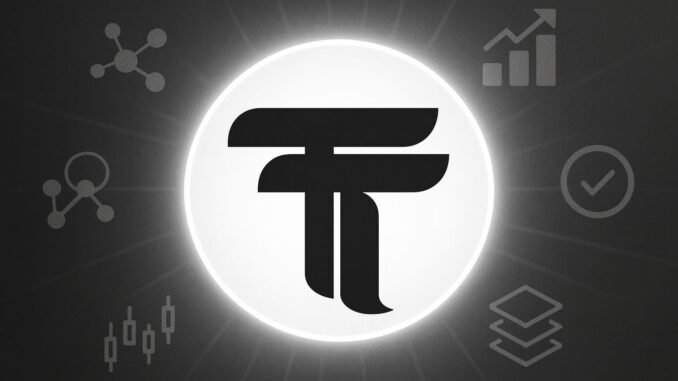
Bittensor is set to introduce three significant OpenDev updates this week aimed at reshaping its subnet economy.
The changes include:
Sub-subnets: Allowing each subnet to host up to eight sub-subnets (with a hard cap of 16), each with independent weights, bonds, and incentives. Emissions will initially be split equally, with adjustable ratios planned, enabling layered ecosystems for specialized models and infrastructure.
Deregistration: Reactivating the removal of underperforming subnets based on the lowest exponential moving average (EMA) price, with a reduced four-month immunity period. Upon deregistration, alpha stakes and liquidity are liquidated, and locks are refunded minus emissions, freeing up capital for stronger projects.
Subnet Expansion: Increasing the network’s hard limit from 128 to approximately 148 subnets, with further growth anticipated, to accommodate more experiments while avoiding stagnation.
These updates are designed to enhance capital efficiency, scalability, and innovation within Bittensor’s ecosystem, potentially boosting TAO’s value by directing rewards to active subnets.
Community Reactions
Reactions from the Bittensor community have been mixed, with enthusiasm for the scaling potential tempered by concerns over complexity and market impacts. Supporters hailed the changes as a step toward “exponential scaling” and a “leaner and bigger” economy, emphasizing how sub-subnets could unlock niche markets and deregistration would prune inactive projects.
One user described it as “big things happening,” noting the framework’s ability to optimize tasks in decentralized AI.
Critics, however, expressed skepticism. Some argued that expanding beyond 128 subnets could dilute root APY and increase sell pressure from non-participants earning “easy risk-free $TAO.”
Others worried about added complexity from sub-subnets, warning that “the last thing Bittensor needs right now is more complexity” and potentially “silly” tokenomics if new tokens emerge.
Deregistration drew praise for targeting “ghost subnets,” with calls to prioritize it over expansion to ensure accountability.
Overall, the updates have sparked lively discourse in Bittensor’s Discord and X spaces, with many viewing them as pivotal for long-term growth amid the network’s rapid evolution.
Do you agree the OpenDev updates are what the ecosystem needs right now?




Be the first to comment